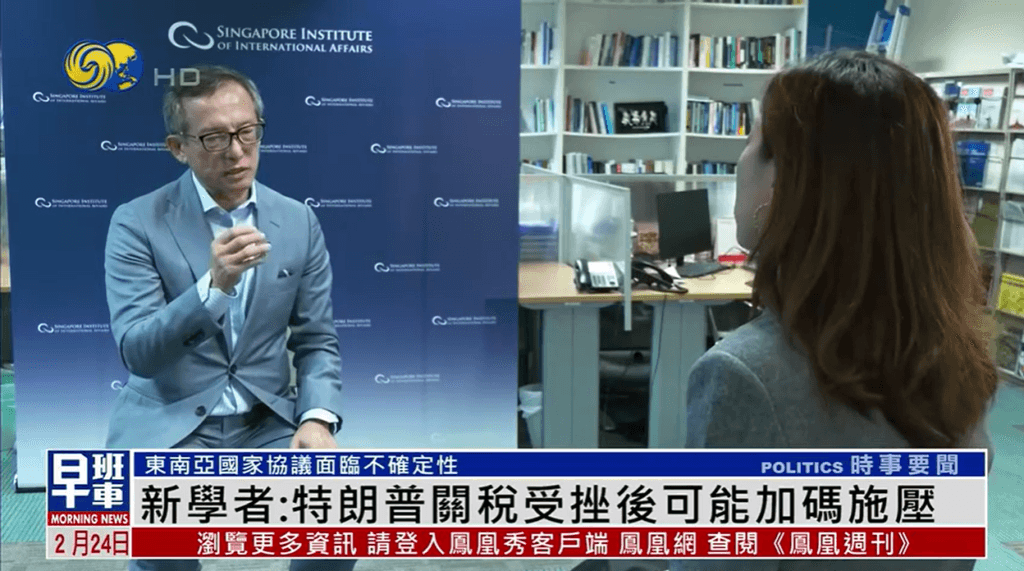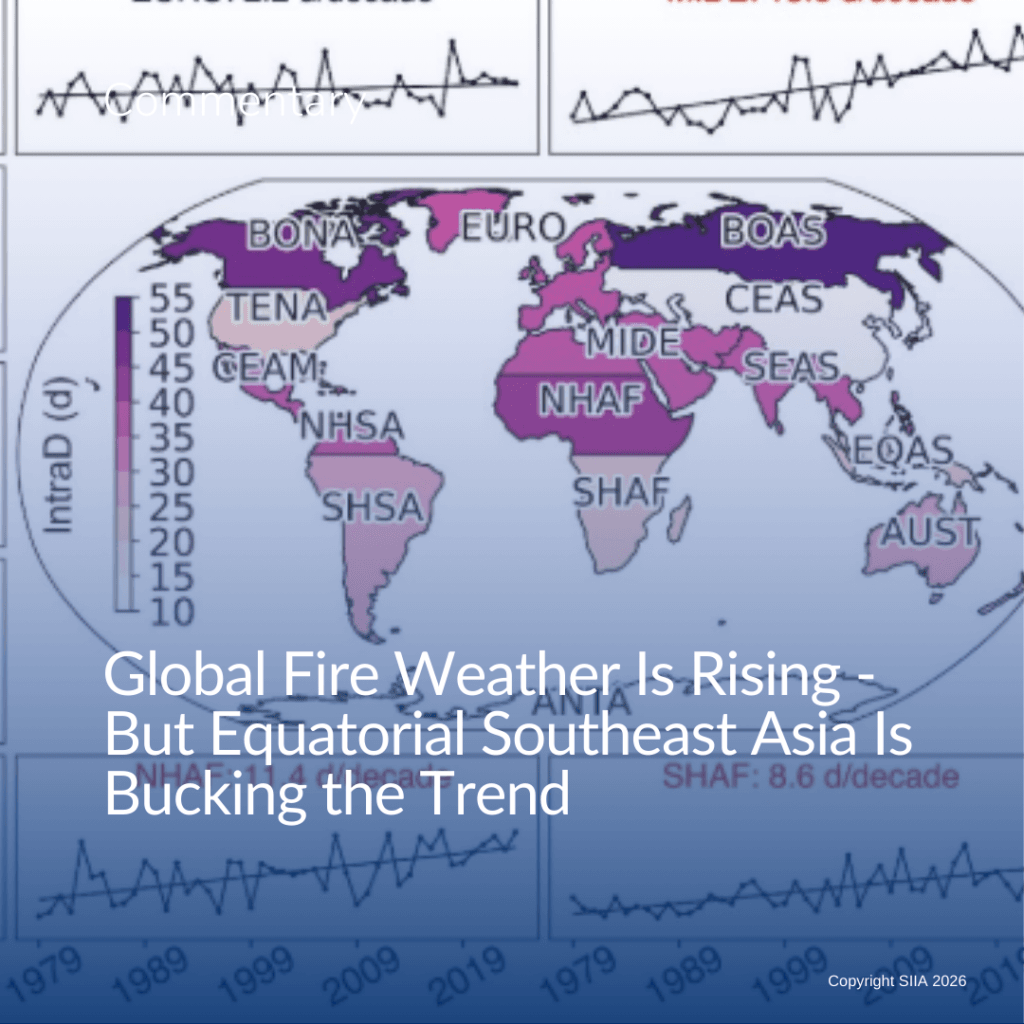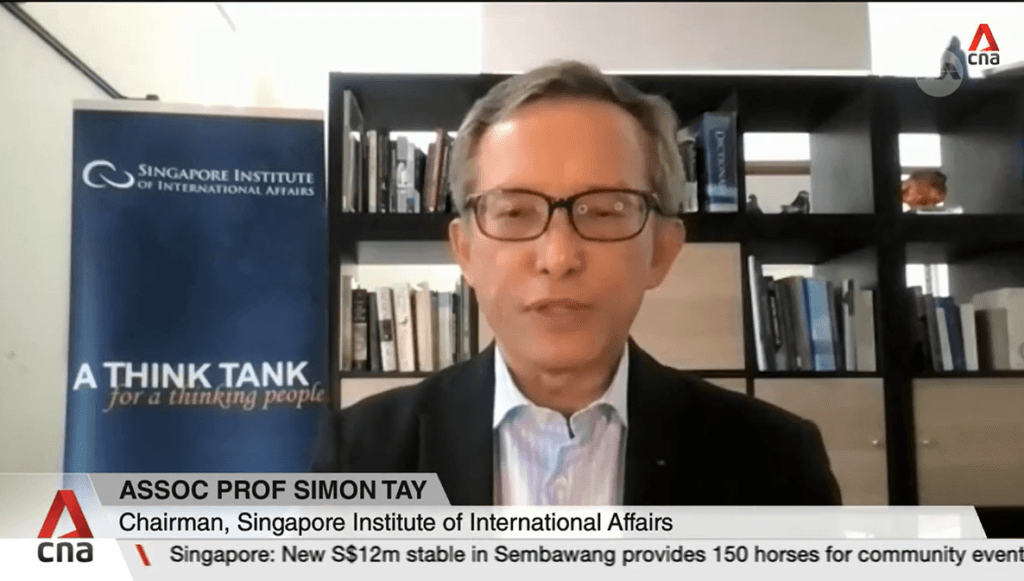Judging by their giddy rally today, markets in Malaysia are beyond relieved that the country’s general elections are over. A win for the incumbent Barisan Nasional coalition, whose main party has led Malaysia since independence, appeared to promise continuity and stability. Prime Minister Najib Razak adopted a humble tone after the bitterly fought campaign, calling for “national reconciliation.”
Elections in Asia, however, often prove less than decisive when the margin of victory is narrow and the stakes are high. Rather than settling matters, yesterday’s vote could well open up Malaysia to the kind of gridlock and endless campaigning that has plagued capitals from Bangkok to Washington.
Although Barisan Nasional won 133 seats for a simple majority in the national parliament, it failed to win a two- thirds majority. This was its past benchmark and the target mentioned at party rallies last year. Indeed, the ruling coalition lost further ground — securing seven fewer seats than in the last election. Moreover, the popular vote — yet to be known — may be even narrower.
The thin margin — the closest since independence — has already sparked challenges. Before the polls, election observers had raised questions about dubious voters being flown into battleground states and important constituencies. Opposition leader Anwar Ibrahim, a former deputy prime minister, has called into question the results in more than two dozen close races. His followers are angry and only too ready to reject the legitimacy of Najib’s victory.
Street Protests
Although Anwar has called on his followers to remain peaceful, the opposition leader knows that Malaysians are more likely than ever to take their grievances to the streets. In the past year, the country has witnessed a series of mass protests and rallies, focused on issues such as corruption and the disposal of radioactive waste. These demonstrations have been sponsored not just by Anwar’s opposition but also by a wide spectrum of citizens’ groups. It wouldn’t take much to clog the streets of Kuala Lumpur with protesters and the courts with provocative electoral challenges.
Street violence can’t be ruled out. At some recent rallies, government security forces were accused of using excessive force. In particular, there’s a danger that any demonstrations could break down along racial lines. Prime Minister Najib has already blamed his poor showing partly on a “Chinese tsunami” — a mass exodus of ethnic Chinese voters to the opposition. Chinese-led protests could, in turn, set off a backlash among ethnic Malays, who have benefited from years of affirmative- action policies promoted by the ruling party.
Neither Najib nor Anwar really wants to provoke such a confrontation. Yet both men are operating from dangerously weak positions. Surveys suggest that Najib remains more popular than his party, but insiders may not agree. After similar results in the last general election, party chieftains ousted his predecessor, Abdullah Badawi; among the first to back the coup was Najib’s current deputy. Those hard-liners looking for a figure to rally around now might well turn to Mukhriz Mahathir, the son of longtime Malaysian leader Mahathir Mohamed. The younger man led the ruling party’s successful campaign to reclaim the state of Kedah from the opposition, and is slated to become its new chief minister.
For Anwar, the personal stakes are even higher. Ever since he was dumped as deputy premier during the 1998 Asian financial crisis and jailed on questionable charges of sodomy, he has been seeking personal vindication as well as political reform. Now 65 years old, he probably won’t have another chance to come to power through the ballot box. He has every incentive to try to destabilize Najib’s coalition by enticing minority members — in particular legislators from the eastern states of Sabah and Sarawak — to switch sides.
Market Policy
The irony, as several observers pointed out before the elections, is that on the questions that matter most to markets, Najib and Anwar share a great deal. In the last year, the prime minister has promised and delivered on a number of reforms to trim privileges reserved for the Malay majority, and has begun to address corruption and state abuses. Local governments controlled by the opposition have won plaudits for their capable, pro-business attitude, with opposition-run Penang turning in the best results of any Malaysian state.
Perhaps both sides will be able to return to that modus vivendi, as the markets seem to be indicating, and to improve on Malaysia’s solid 5.6 percent growth last year. Given the personalities and the political stakes involved, though, it’s far more likely that the country is headed for months of tension, gridlock and uncertainty. The election might be over, but the fight is just beginning.
ABOUT THE AUTHOR:
Simon Tay is chairman of the Singapore Institute of International Affairs and associate professor at the National University of Singapore Faculty of Law. The opinions expressed are his own. This article first appeared on Bloomberg on the 6th of May 2013.
Image Credit: Firdaus Latif / CC BY-NC-ND 2.0




